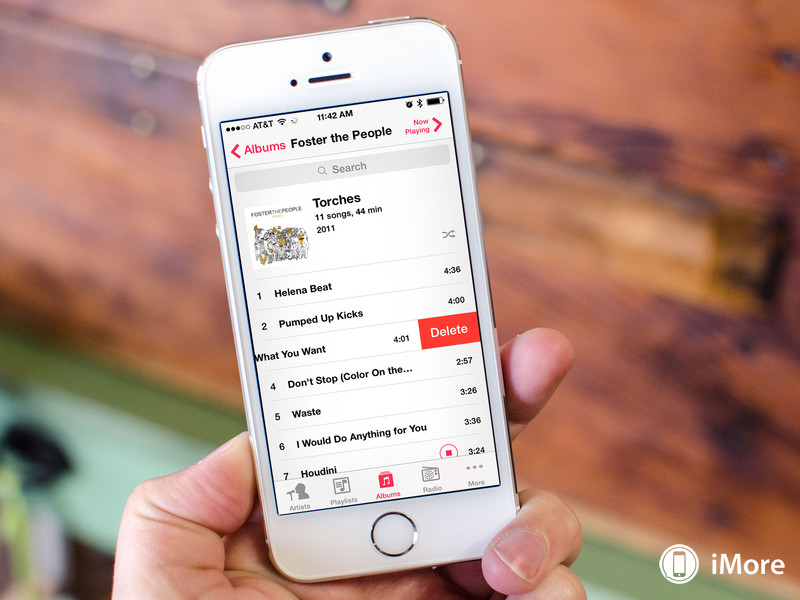

- #APP UNINSTALL TRACKING HOW TO#
- #APP UNINSTALL TRACKING UPDATE#
- #APP UNINSTALL TRACKING ANDROID#
- #APP UNINSTALL TRACKING DOWNLOAD#

#APP UNINSTALL TRACKING ANDROID#
Google said that you can turn off exposure notifications in your Android phone settings or uninstall the official public health app if you've previously installed one when it becomes available. Even if, or when, it becomes part of the operating system without the need for a separately installed app, it will still be an opt-in thing. As I've already made clear, the exposure notification framework currently only works if you have installed an official tracking app and opted into using the notification system. Only you alone can determine if that is a risk worth taking, and the flip of this is that you might also expose others who would be none the wiser if you had the infection.įirst things first, then: you don't need to 'disable' exposure notifications as they are not enabled by default. Remember, however, if you don't enable exposure notifications, then you will not be notified if you have potentially been exposed to COVID-19. If you've decided, for whatever reason, that contact tracing isn't something that you want to participate in, then you'll likely be looking for ways to disable or delete the exposure notification framework.
#APP UNINSTALL TRACKING HOW TO#
How to disable Apple and Google COVID-19 exposure notification Once again, however, this will be opt-in, and all the same requirements as before apply.
#APP UNINSTALL TRACKING DOWNLOAD#
"If a match is detected the user will be notified, and if the user has not already downloaded an official public health authority app they will be prompted to download an official app and advised on next steps," an Apple and Google exposure notification FAQ stated.
#APP UNINSTALL TRACKING UPDATE#
It's worth pointing out that there are also plans to allow the activation of Bluetooth ID beacons, following another operating system update in the coming months, without the requirement of a separate app being installed. That same Google statement said that "the public health authority app is not allowed to use your phone's location or track your location in the background." "All of the exposure notification matching happens on your device, which means that only you and your app know if you report having COVID-19 or been exposed to someone who has reported having COVID-19," according to Google. What's more, the random ID allocated to your phone is changed every 10 to 20 minutes to prevent tracking as opposed to contact tracing, and these IDs are deleted after 14 days. It doesn't share other users' identities with the app itself or with Apple or Google for that matter. This system isn't interested in tracking your location, just the devices you have been in contact with. At this point, the ID beacons from the previous 14 days are, with your permission, uploaded to a central server from where matching users can be notified of the exposure if they have also opted in. Unless that is, someone is diagnosed with COVID-19 and shares that information with the official contact tracing app. These random IDs are stored on your phone and are not shared with any central database server. So, how does exposure notification work in this Apple and Google decentralized model? In a nutshell, random IDs are exchanged using Bluetooth between your phone and the phones of others who have opted in around you. "User adoption is key to success," the joint Apple and Google statement said, "we believe that these strong privacy protections are also the best way to encourage use of these apps." The decentralized exposure notification model in a nutshell One thing is clear, for any such system to be effective it has to have the backing of the public. Most of those in the no camp were worried either by what governments intended to do with the data or whether the technology involved even worked well enough to be effective. Interestingly, that mirrors the responses of my small sample. The biggest concern amongst that sample was privacy, closely followed by a false sense of security. The point is that it reflected what I already knew, that opinion is split down the middle on this issue: 40.7% said yes, 46.8% no with 12.6% as yet undecided.Ī recent study by Avira suggests that 71% of Americans won't download such an app, 88% of those aged 55 or over and 84% of government or healthcare workers.


 0 kommentar(er)
0 kommentar(er)
